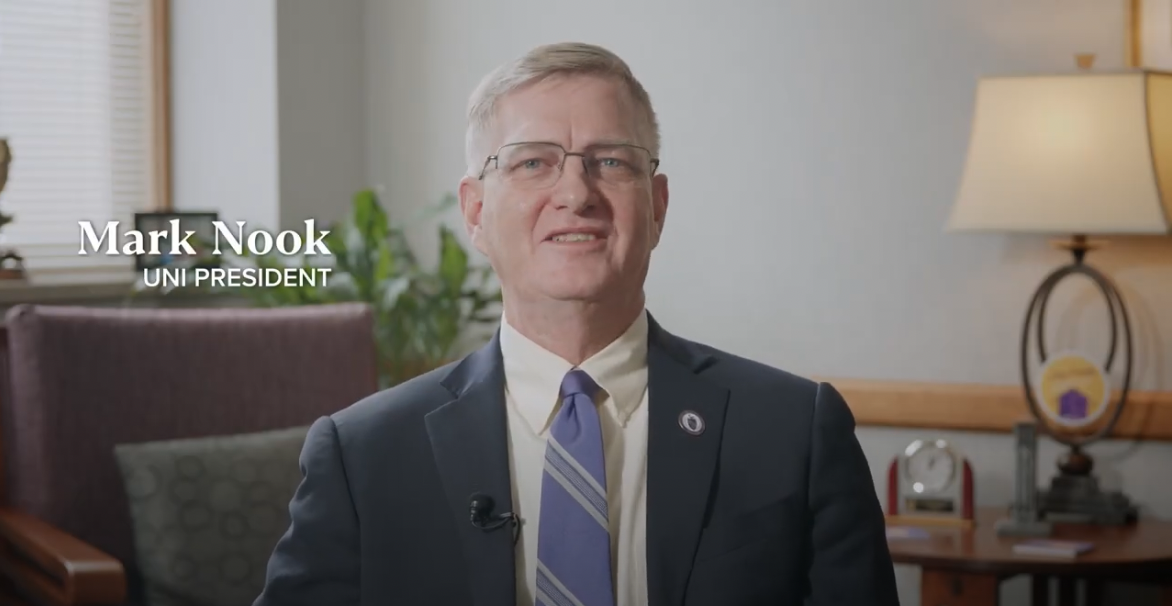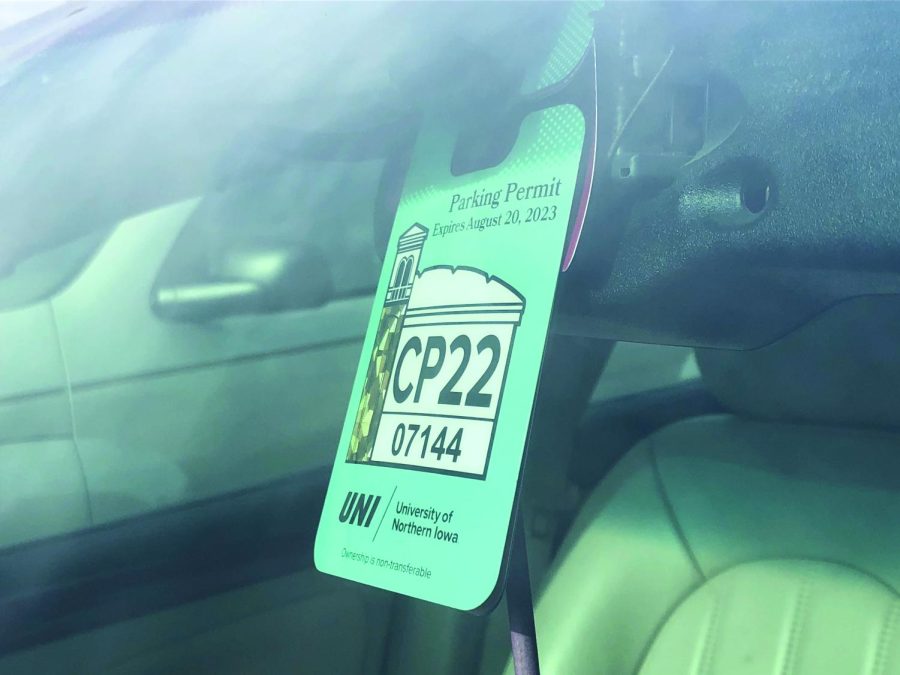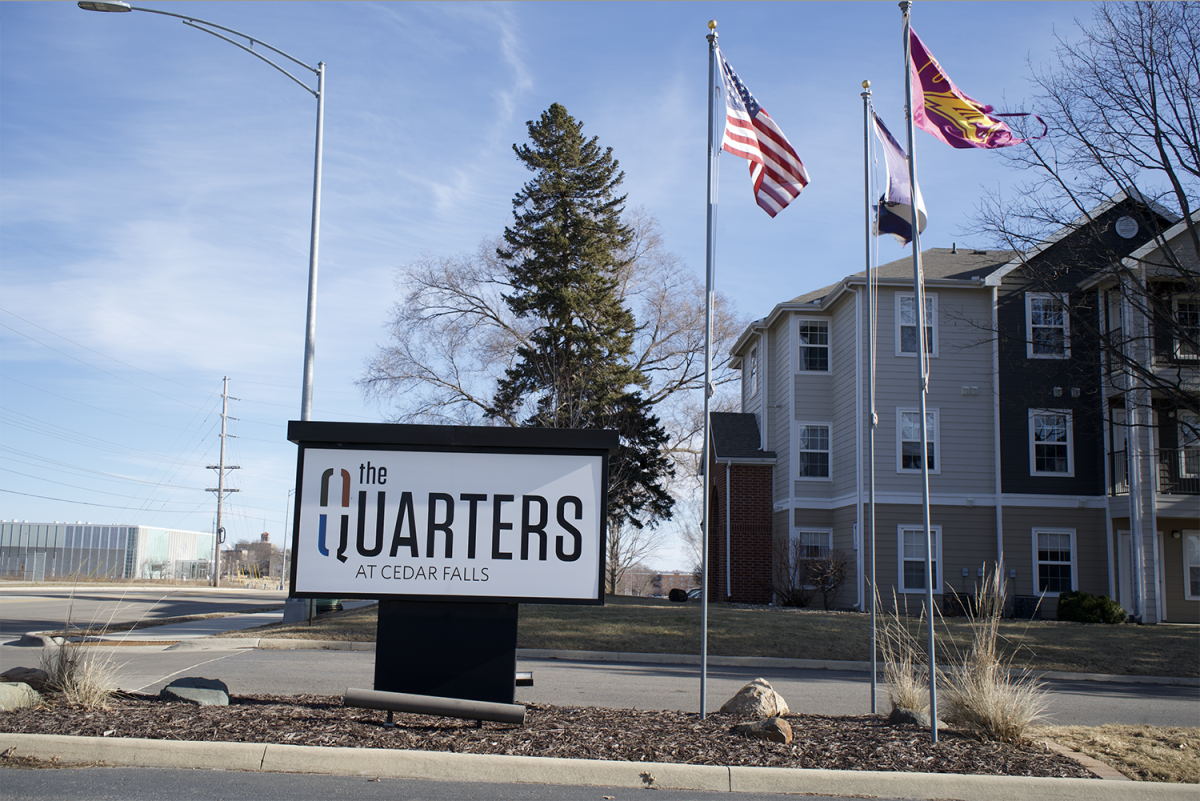If I’ve heard it once, I’ve heard it a million times; my vote doesn’t matter because the final say lies with the Electoral College. Well, dear reader, I am here to tell you that, despite what you’ve heard, your vote does matter. So, let’s break it down, how does the Electoral College even work?
The Electoral College consists of 538 electors. A majority of 270 electoral votes is required to elect the president. Each state has the same number of electors as members in its congressional delegation: one for each member in the House of Representatives plus two senators. In Iowa, we have six electoral votes. Again, this varies from state to state. California, for example, has the most at 54, while several states, such as Vermont and Wyoming, only have three.
The people within the Electoral College are called electors. The U.S. Constitution lays out the guidelines for becoming an elector. It states that “no Senator or Representative, or Person holding an Office of Trust or Profit under the United States, shall be appointed an elector.” Additionally, as part of the 14th Amendment after the Civil War, state officials who have engaged in insurrection or rebellion against the United States or given aid and comfort to its enemies are disqualified from serving as electors.
Potential electors are chosen by each political party before the general election. Each party has their own set of rules regarding who can be chosen for the role. Typically, parties will choose people to recognize their service and dedication to their party. When the voters in each state cast votes for the presidential candidate of their choice they are also voting to select their state’s electors. Whichever presidential candidate wins will have their slate of potential electors appointed in that state. However, this excludes Nebraska and Maine, who have an equal amount of electors for each party.
It is important to note that there are no laws that require electors to vote according to the results of the popular vote in their states. Some states have laws in regards to “faithless electors,” where they may be subject to fines or may be disqualified for casting an invalid vote and be replaced by a substitute elector. In 2020, the Supreme Court decided that states can enact requirements on how electors vote, but no elector has ever been prosecuted for failing to vote as pledged. However, electors can be disqualified, replaced or fined for not voting as they pledged. As most electors have strong ties to their parties, it is rare for them to disregard the popular vote. According to archives.gov, throughout our history as a nation, more than 99% of electors have voted as pledged.
So while the Electoral College does have the final say in who becomes the next president, the electors in the Electoral College are effectively chosen by voters during the general election because the winning candidate’s state political party selects the individuals who will be electors. No matter where you land on the political spectrum, every vote truly matters. After all, it’s the only way to make your voice heard in your community.















